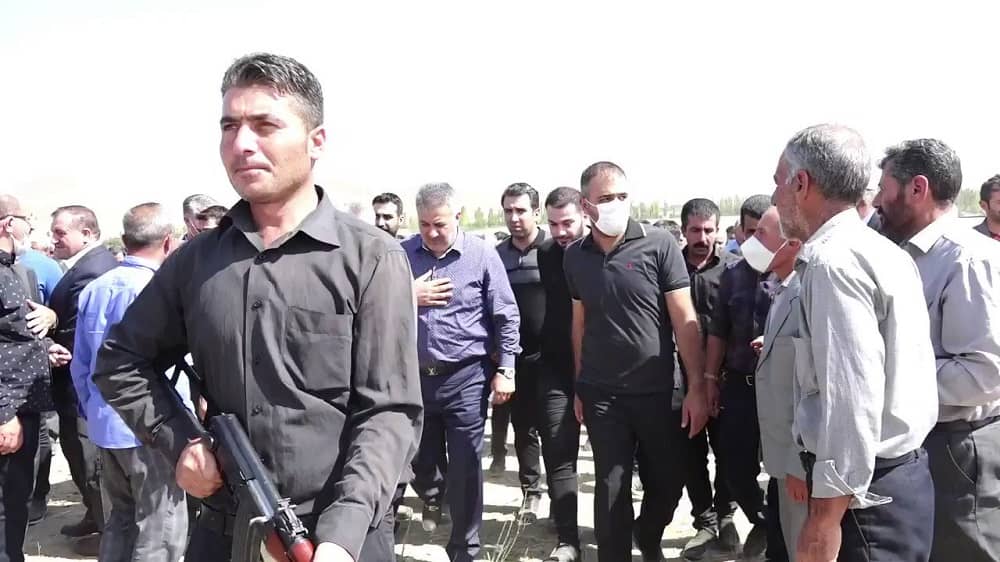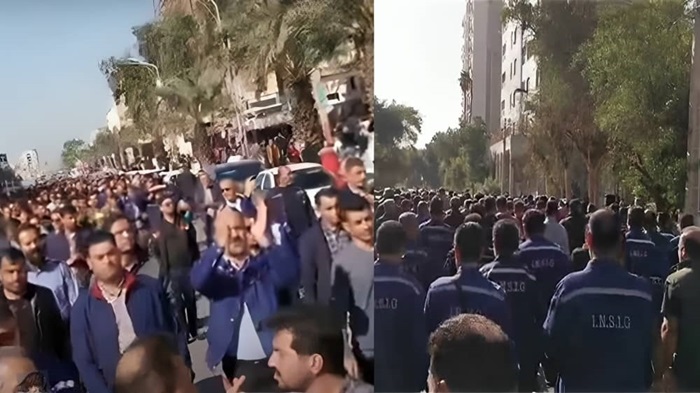
The ruling clerical extremists in Iran have honed the art of deception, presenting themselves as pious Muslims and champions of the downtrodden while covertly funding, arming, and training paramilitary groups to influence the politics of various countries.
Despite their aggressive rhetoric, they use sophisticated lobbying and well-spoken representatives educated in the West to sway international opinions and advocate for leniency towards their regime. Claiming to defend the oppressed globally, Iran’s leaders mostly engage with illicit groups worldwide to further their criminal objectives.
Recently, the U.S. charged an Iranian drug smuggler, Naji Sharifi Zindashti, with hiring two Canadians, including a Hells Angels member, to assassinate two Iranian refugees in Maryland. This action, purportedly ordered by Iran’s Ministry of Intelligence and Security, underscores the regime’s reliance on external operatives to execute its dirty work. Turkish intelligence has linked Zindashti to the MOIS since 2015, using his criminal network for assassinations and abductions in Turkey, including notable dissidents.
Europe has also felt the reach of Iran’s shadow operations. The Netherlands attributed the assassination of Iranian activist Ahmad Mola Nissi and another dissident to Iran, leading to EU sanctions. Another incident saw the former Vice President of the European Parliament, Dr. Alejo Vidal-Quadras, narrowly escape an assassination attempt in Madrid, further implicating Iran in global political violence.
How Prof #VidalQuadras Landed on #Tehran’s Hit Listhttps://t.co/wFUg91YS2P
— NCRI-FAC (@iran_policy) November 12, 2023
Iran’s use of Hezbollah extends its influence, turning criminal activities into political power. Through drug trafficking, money laundering, and arms smuggling, Hezbollah helps finance Iran’s destabilizing activities while evading international sanctions. This strategy allows Iran to project power and avoid accountability, even as it faces significant domestic discontent and calls for regime change.
The conflict in the Middle East, partly instigated by Tehran, poses a complex challenge for global leaders. The dilemma of military action versus inaction is compounded by the need to address Iran’s international proxies. However, the most potent counter to Iran’s destabilizing force may lie within its borders. Iran’s population, notably rebellious and supportive of regime change, represents a critical vulnerability for the regime. Recognizing and supporting this domestic resistance could be key to undermining Iran’s influence and promoting stability in the region.

As the world navigates the perilous landscape shaped by Iran’s machinations, the path to peace and security may well depend on acknowledging the true nature of the regime in Tehran and empowering the voices calling for change from within.

MEK Iran (follow us on Twitter and Facebook), Maryam Rajavi’s on her site, Twitter & Facebook, NCRI (Twitter & Facebook), and People’s Mojahedin Organization of Iran – MEK IRAN – YouTu
